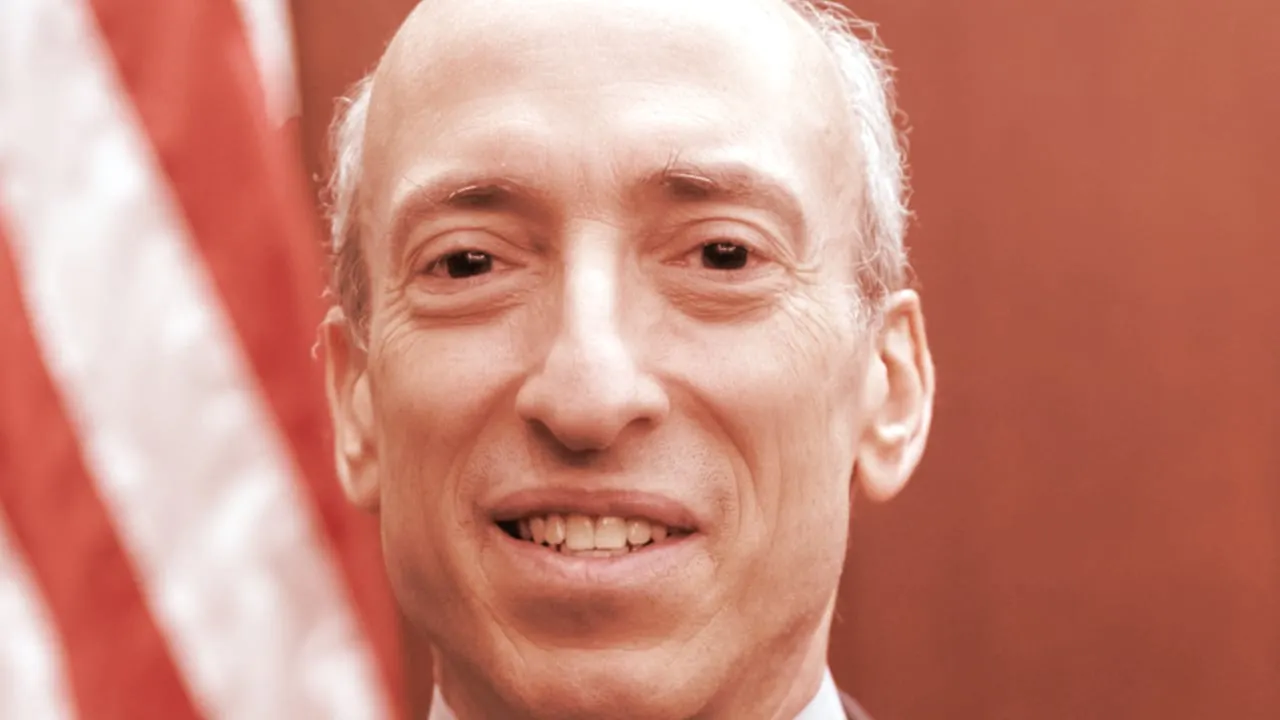Securities and Exchange Commission Chair Gary Gensler called out cryptocurrency lending companies for offering unrealistic yields today in an interview with Yahoo Finance.
“If it’s too good to be true, then maybe it is,” Gensler said, referencing yields on crypto deposits ranging anywhere from 4% to 20% that were offered by numerous companies and marketed towards investors as safe. “There may be a lot of risk embedded in that.”
His comments come amid a market crash in crypto that has sent multiple lending platforms filing for bankruptcy, including Voyager Digital and most recently Celsius Network. Despite pausing customer withdrawals, Celsius’s website says customers can earn yearly returns of up to 18% on deposits for certain cryptocurrencies and Voyager touts 12% rewards on deposits for a relatively unknown token called KAVA, according to their website.
Both websites also offer high yields on deposits of stablecoins, which are digital assets that often seek to peg their price to the value of a fiat currency–such as the U.S. dollar–and Gensler pointed out risks associated with them as well.
Gensler claimed the main use of stablecoins is as a settlement tool in DeFi, a catch-all term that describes financial tools that enable the borrowing, lending, and trading of crypto assets without third-party intermediaries. Gensler compared these digital assets to “poker chips” that need to be regulated as part of an ecosystem lacking protection for investors and prone to fraud and manipulation.
“The public benefits by knowing full and fair disclosure and that someone’s not lying to them,” Gensler said. “You get to decide what risks you want to take, but the person raising the money and the person selling you those financial assets ought to not defraud you, ought to give you the information so you can make your decisions.”
The SEC has rules in place in terms of determining what constitutes an investment company, and Gensler referenced the agency’s review of crypto lender BlockFi earlier this year, where the SEC found the company was a non-compliant, unregistered investment company.
In February, BlockFi reached a $100 million settlement with the SEC and state regulators for offering high interest rates on cryptocurrency deposits. The company found itself in trouble for providing a lack of public information to investors, Gensler said, adding, “There is a path forward for these lending companies.”
Exchanges, lending institutions, and broker-dealers are the three main groups of businesses that the SEC will continue to have conversations with regarding SEC compliance in the coming months, Gensler explained, pointing out that the agency is also looking at a variety of cryptocurrencies and stablecoins.
Reaffirming what he has said in the past, Gensler noted that the SEC will have to work with the Commodity Futures Trading Commission (CFTC) and banking regulators to cover the full regulatory scope of cryptocurrencies, noting as an example that Bitcoin is not considered a security by the SEC and would have to be regulated as a commodity under the CFTC.

